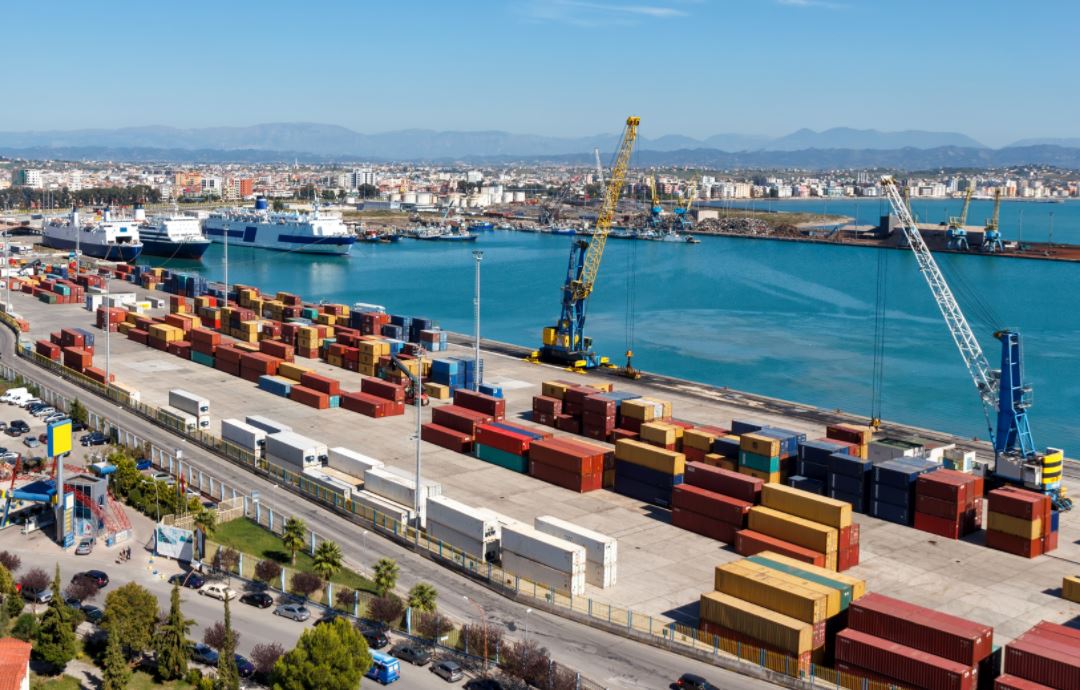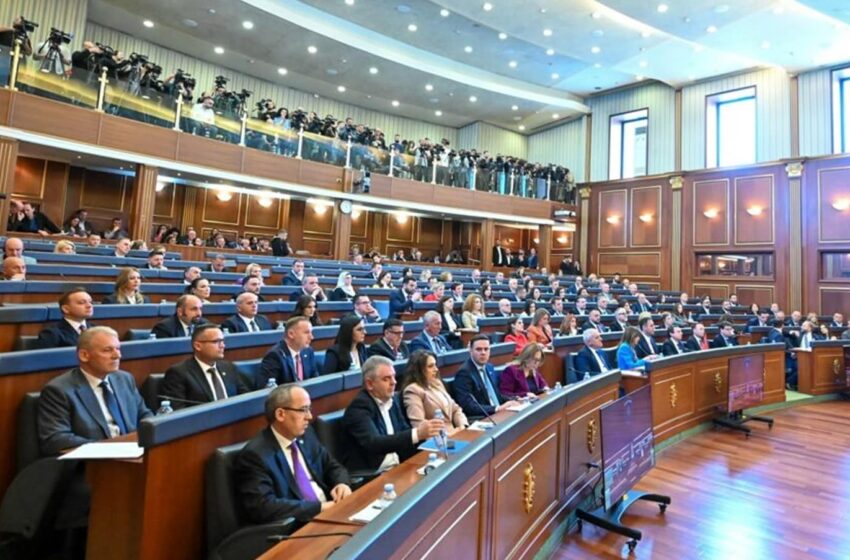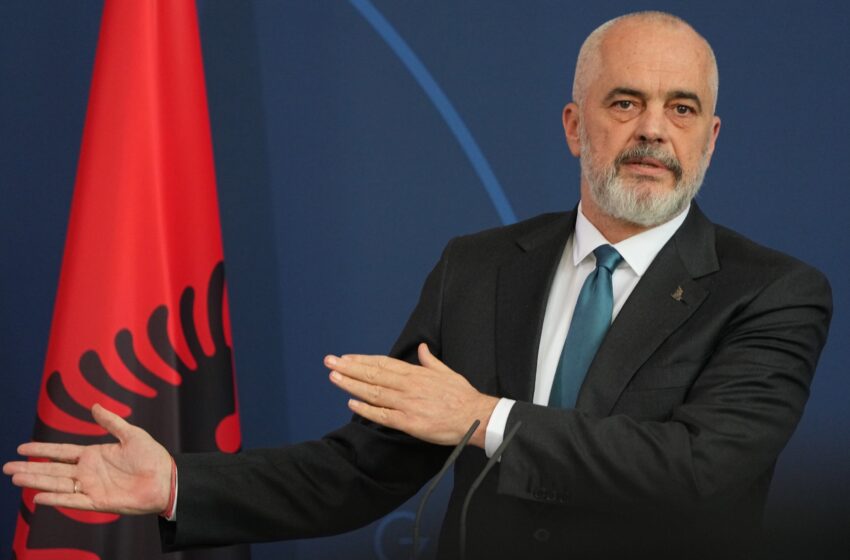Interpellation with PM on hazardous waste exports sparks heated debate in Parliament

The suspected hazardous waste shipments from the Port of Durrës to Thailand became the subject of a heated debate in Parliament during the parliamentary interpellation with the Prime Minister called for by the leader of the Democratic parliamentary group in order to discuss the responsibilities of the Albanian authorities regarding their export and transportation.
Why is it significant
The issue of the hazardous waste export, which is currently being investigated by the Albanian judiciary in cooperation with OLAF in order to determine whether the material was truly hazardous as claimed by Thailand, has turned into a very heated political and media debate. But this was the first time that the Prime Minister explained the entire procedure that was followed by the companies for the transport of these materials and the responsibilities of state institutions in such cases according to Albanian law and international conventions to which Albania is party.
What was said
The opposition accused the state institutions – Ministry of Tourism and Environment, the Port of Durrës – of having failed to do the proper verifications of the shipments before issuing the export permits. When the case first became public, the leader of the Democratic Party was quick to absolve the company involved from any responsibility. In several speeches held before his supporters he defended the company using very strong language against the Government and public institutions whom he accused of being responsible for the export of hazardous materials.
In his response to the accusations, the Prime Minister explained that according to the data and documentation, in every declaration, and in every document presented by the private companies involved, the materials in question were not labelled as hazardous waste. The customs practice for this shipment, including a certificate of analysis by a certified laboratory in an EU country, attests to this. The goods that are formally declared as iron oxides/hydroxides have been transported from the Port of Durrës to European ports with all the necessary accompanying documentation by means of international container lines with an undisputed reputation in the world of maritime transport. They have also been temporarily stored in European Union ports, but there have been no problems and no obstructions, and the shipments were allowed to continue their itinerary normally.
The Prime Minister also added that the procedure for exporting hazardous or non-hazardous waste, is regulated by the provisions of the law for integrated waste management, which follow the requirements and principles of the Basel Convention, on the control of transboundary movements of hazardous wastes and their disposal, of which Albania has been a member since 1999. He rejected the accusations that public institutions have failed in their responsibility and emphasized that responsibility for declaring the type of waste exported, under Albanian law and international conventions, is the exclusive responsibility of the producing, processing, storing, and exporting entities.
According to official Government information shipments of this nature are routinely accepted by transit countries and destination countries. Thus, 360 such container units have been accepted by the customs authorities of various Asian countries in the last ten months. Meanwhile, over the past five years, such loads have also been accepted by EU countries such as Spain, France, Belgium, or countries like Israel and Turkey. It is also worth noting that one of the companies that is currently being investigated in cooperation with the European Anti-Fraud Agency, has previously exported such shipments to Spain and Turkey.


